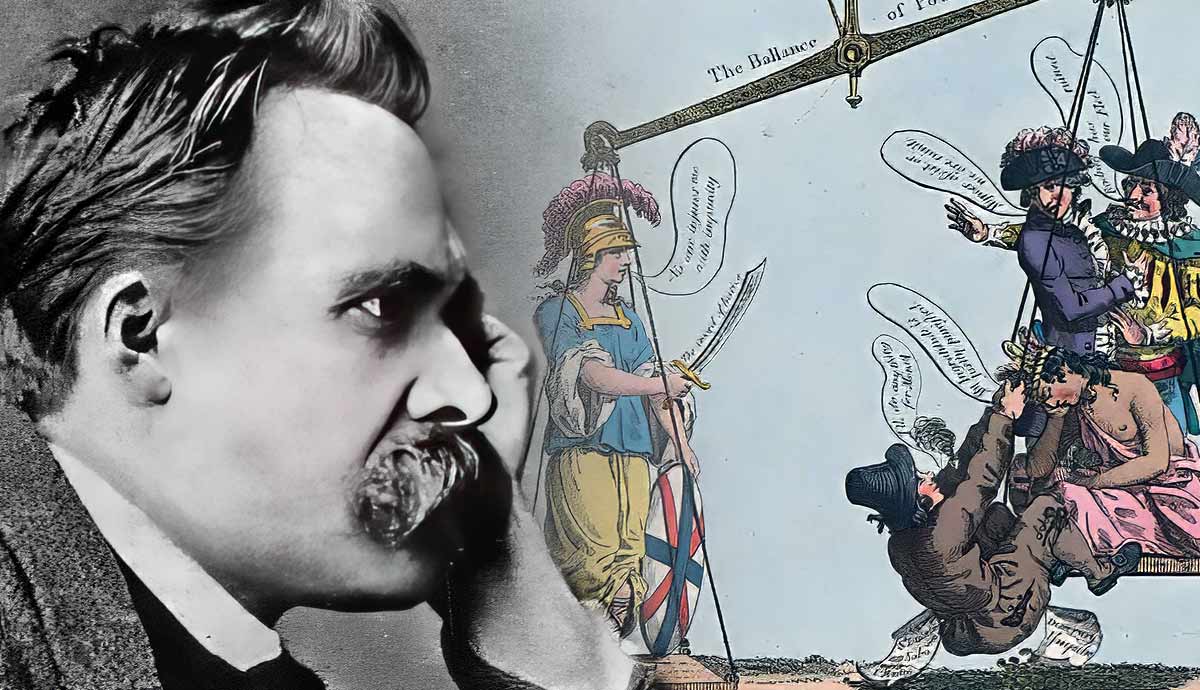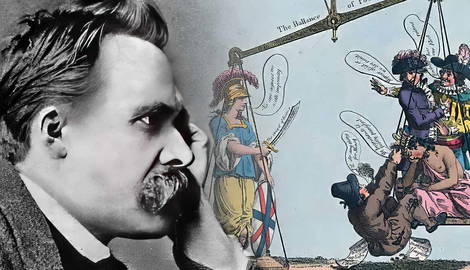
Friedrich Nietzsche was one of the most important philosophers of the 19th century, and the Will to Power was one of his most important and influential concepts. Nietzsche’s reputation since his death in 1900 has been as a kind of iconoclast. He is one of relatively few philosophers not to find themselves attached to some kind of institution. Nietzsche’s separation from mainstream philosophy, and mainstream academic life, shows in much of his philosophical work. He is seen as the pre-eminent critic – of philosophy, of Western culture, of modernity and of religion – and it is in this critical role that the concept of the Will to Power must be understood.
The Will to Power Is a Theory About Human Drives

The attempt to understand what really drives human beings is a theme which runs through much of Nietzsche’s work. The Will to Power is one major concept by which Nietzsche attempts to answer this question, and so it represents a central theme in his works. It crops up extensively in Thus Spoke Zarathustra and the posthumously published collection of his notes and writings known as The Will to Power.
Nietzsche argues that the Will to Power is one of the forces which lie deep in human beings, by which we can explain much of human behavior. By extension, we can use the Will to Power to understand much of human history. So the Will to Power can be understood as a fundamental drive or force that Nietzsche believed underlies all human actions and ambitions, but it also underlies the natural world as well. The Will to Power can, in certain contexts, be seen as a biological drive.
The Will to Power Explains How Humans Should Be

Sometimes, the Will to Power is understood in quite literal terms. However, the Will to Power is not merely a desire for power over others, but rather a broader and deeper striving for self-affirmation, self-overcoming, and the realization of one’s potential.
Nietzsche has a unified conception of the kind of life which is best for human beings. He argues all the best achievements will be accomplished by the best person. So, for example, Nietzsche saw this Will to Power as the driving force behind individual creativity, ambition, and the pursuit of greatness.
Nietzsche was one of the first philosophers to analyze human life in terms of long term, historical developments in a culture. For Nietzsche, one of the damaging aspects of modern Western culture was that it suppressed the best parts of human beings, and the best kind of people either could not emerge or could not thrive as a result.
The Will to Power Is a Criticism of Traditional Morality and Religion

Nietzsche was critical of traditional morality and religion, which he believed suppressed and denied the expression of the Will to Power in individuals. The Will to Power is therefore best seen both as a kind of underlying drive possessed by all human beings and at the same time a force for the expression of individuality. Some critics of Nietzsche have seen these roles as contradictory.
He saw these systems as promoting a passive, life-denying approach that led to the weakening of individuals and society as a whole. Nietzsche himself favored life affirmation as a core value for any healthy human being, and for a healthy society as a whole. But what did life affirmation mean to Nietzsche? Nietzsche’s advocation for a philosophy of life-affirmation meant embracing the fullness of one’s desires and potential.
The precise role of the Will to Power in Nietzsche’s philosophy is, in some ways, ambiguous. This has been the basis of some criticisms. Later philosophers have criticized his ideas, arguing that there is no actual drive in the human psyche which corresponds to the Will to Power. In other words, the Will to Power is an abstract and ambiguous concept that might not have a concrete existence in reality.










